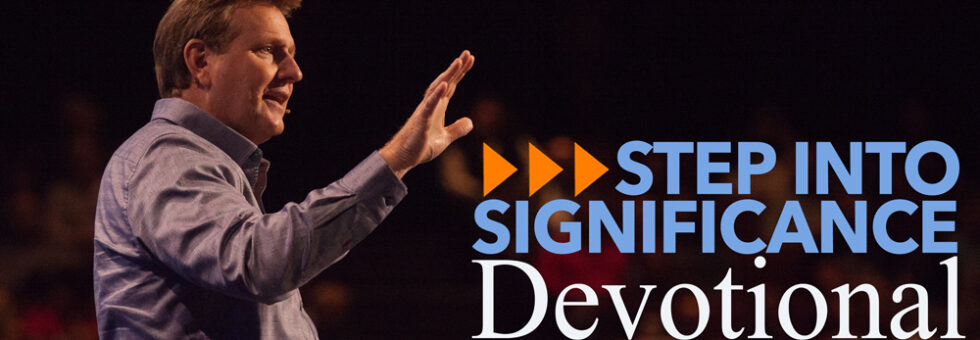I recently learned about bummer lambs—lambs rejected by their mothers for various reasons. Without intervention, they would die, too weak and helpless to survive alone.
That’s where a good shepherd steps in. He rescues the bummer lamb, bottle-feeds it, and nurtures it, holding it close until it gains strength and matures.
These lambs grow up knowing the shepherd intimately because they’ve been cared for in their weakest moments. They become some of the most loyal and attentive in the flock, staying near the shepherd’s voice, recognizing the one who saved them.
What a beautiful picture of how Jesus, our Good Shepherd, cares for us in our hardest seasons. When we endure rejection, loss, pain, or even self-inflicted failure, we may feel abandoned, unworthy, or incapable of moving forward.
But Jesus doesn’t leave us there! He picks us up, heals what’s broken, and gently leads us into restoration. And in those moments, we learn to recognize His voice more clearly, trust Him more deeply, and love Him more intimately.
Psalm 32 gives us a glimpse into one of King David’s lowest seasons—a time when he felt like a bummer lamb. But his pain and rejection didn’t happen by chance; they were consequences of his own mistakes. I encourage you to read the passage yourself, because you may find yourself in David’s words.
David begins by thanking God for His mercy and forgiveness: “Blessed is the one whose transgressions are forgiven, whose sins are covered. Blessed is the one whose sin the Lord does not count against them and in whose spirit is no deceit.” (Psalm 32:1-2)
This shows us that life after brokenness can be blessed—if we do two things: reject condemnation and commit to being directed by God rather than our own desires, emotions, or past failures.
David also describes what keeps hard seasons lingering: “When I kept silent, my bones wasted away through my groaning all day long. For day and night your hand was heavy on me; my strength was sapped as in the heat of summer.” (Psalm 32:3-4)
David groaned instead of living gratefully. He sat in guilt rather than surrendering to God’s grace, and he stayed weak by resisting faith. This proves that avoiding repentance, isolating, and ignoring the Shepherd only prolongs our struggle.
But in verses 5-11, we see the way forward. David confesses his sin, surrenders to God, and allows the Lord to counsel him. This is how we step into blessing after a hard season—by yielding, trusting, and following God’s guidance.
Your pain is not the end of your story, friend. God specializes in bringing beauty from brokenness! Like the bummer lamb, your hardest seasons can birth the deepest trust in your Shepherd, leading to redemption beyond what you ever imagined.
No matter where you find yourself today, know that the Good Shepherd has not forgotten you. He sees you, loves you, and longs to carry you into restoration. In Him, you will enjoy an abundant life!


